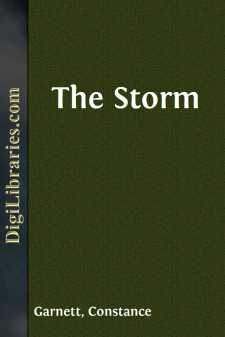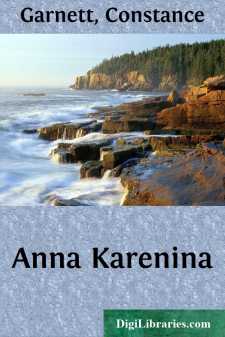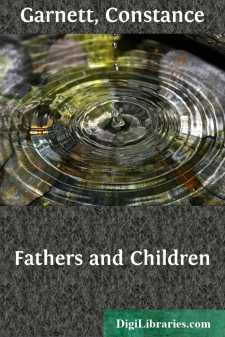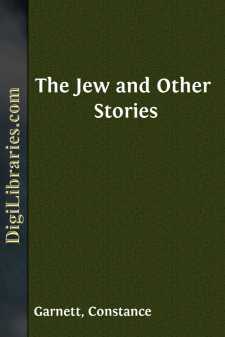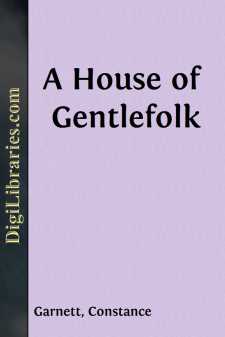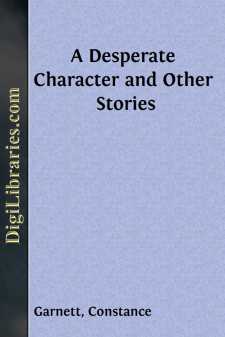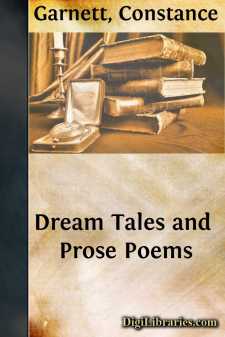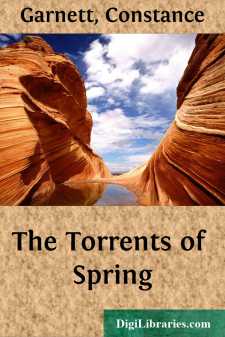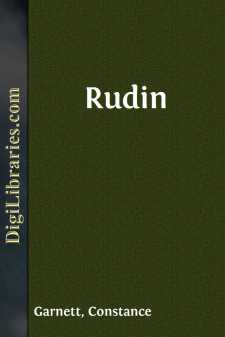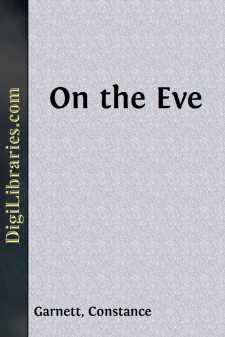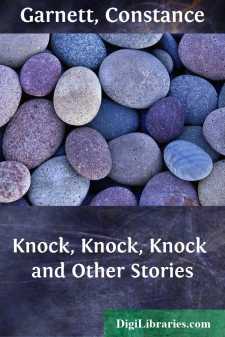Categories
- Antiques & Collectibles 13
- Architecture 36
- Art 48
- Bibles 22
- Biography & Autobiography 813
- Body, Mind & Spirit 142
- Business & Economics 28
- Children's Books 17
- Children's Fiction 14
- Computers 4
- Cooking 94
- Crafts & Hobbies 4
- Drama 346
- Education 46
- Family & Relationships 57
- Fiction 11829
- Games 19
- Gardening 17
- Health & Fitness 34
- History 1377
- House & Home 1
- Humor 147
- Juvenile Fiction 1873
- Juvenile Nonfiction 202
- Language Arts & Disciplines 88
- Law 16
- Literary Collections 686
- Literary Criticism 179
- Mathematics 13
- Medical 41
- Music 40
- Nature 179
- Non-Classifiable 1768
- Performing Arts 7
- Periodicals 1453
- Philosophy 64
- Photography 2
- Poetry 896
- Political Science 203
- Psychology 42
- Reference 154
- Religion 513
- Science 126
- Self-Help 84
- Social Science 81
- Sports & Recreation 34
- Study Aids 3
- Technology & Engineering 59
- Transportation 23
- Travel 463
- True Crime 29
The Storm
Description:
Excerpt
INTRODUCTION
Up to the years of the Crimean War Russia was always a strange, uncouth riddle to the European consciousness. It would be an interesting study to trace back through the last three centuries the evidence of the historical documents that our forefathers have left us when they were brought face to face, through missions, embassies, travel, and commerce, with the fantastic life, as it seemed to them, led by the Muscovite. But in any chance record we may pick up, from the reports of a seventeenth century embassy down to the narrative of an early nineteenth century traveller, the note always insisted on is that of all the outlandish civilisations, queer manners and customs of Europeans, the Russian's were the queerest and those standing furthest removed from the other nations'. And this sentiment has prevailed to-day, side by side with the better understanding we have gained of Russia. Nor can this conception, generally held among us, which is a half truth, be removed by personal contact or mere objective study; for example, of the innumerable memoirs published on the Crimean war, it is rare to find one that gives us any real insight into the nature of the Russian. And the conception itself can only be amended and enlarged by the study of the Russian mind as it expresses itself in its own literature. The mind of the great artist, of whatever race he springs, cannot lie. From the works of Thackeray and George Eliot in England and Turgenev and Tolstoi in Russia, a critic penetrates into the secret places of the national life, where all the clever objective pictures of foreign critics must lead him astray. Ostrovsky's drama, "The Storm," here translated for the English reader, is a good instance of this truth. It is a revelation of the old-fashioned Muscovite life from the inside, and Ostrovsky thereby brings us in closer relation to that primitive life than was in the power of Tolstoi or Goncharov, or even Gogol to bring us. These great writers have given us admirable pictures of the people's life as it appeared to them at the angle of the educated Westernised Russian mind; but here in "The Storm" is the atmosphere of the little Russian town, with its primitive inhabitants, merchants, and workpeople, an atmosphere untouched, unadulterated by the ideas of any outside European influence. It is the Russia of Peter the Great and Catherine's time, the Russian patriarchal family life that has existed for hundreds of years through all the towns and villages of Great Russia, that lingers indeed to-day in out-of-the-way corners of the Empire, though now invaded and much broken up by modern influences. It is, in fact, the very Muscovite life that so puzzled our forefathers, and that no doubt will seem strange to many English readers. But the special triumph of "The Storm" is that although it is a realistic picture of old-fashioned Russian patriarchal life, it is one of the deepest and simplest psychological analyses of the Russian soul ever made. It is a very deep though a very narrow analysis....


